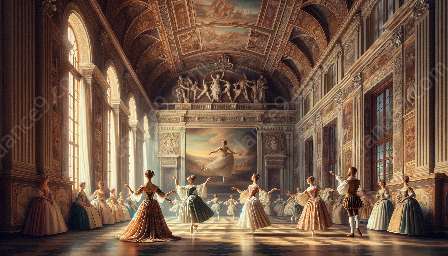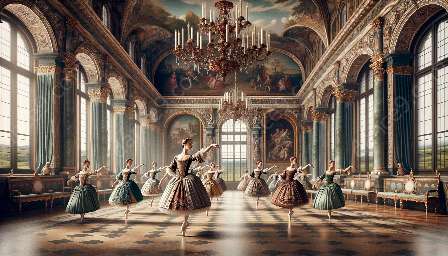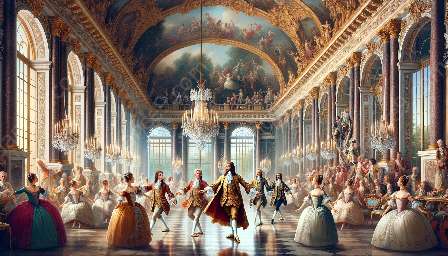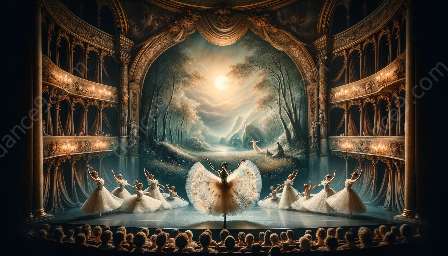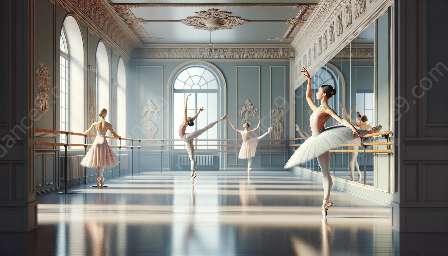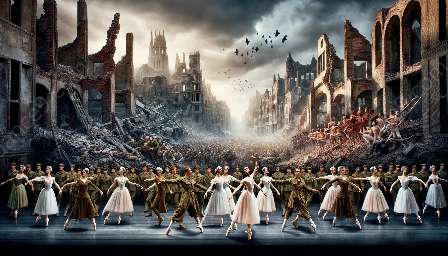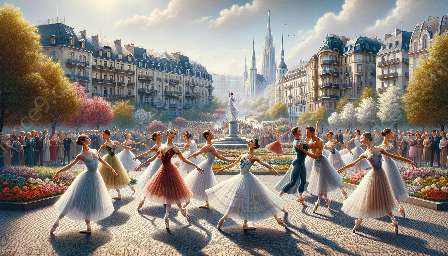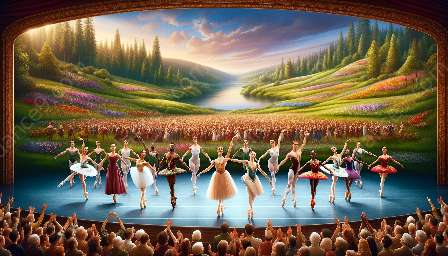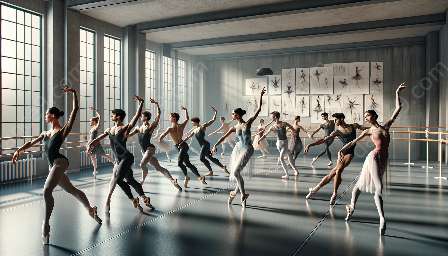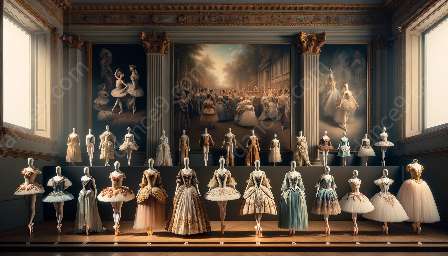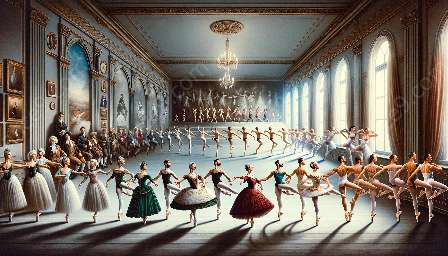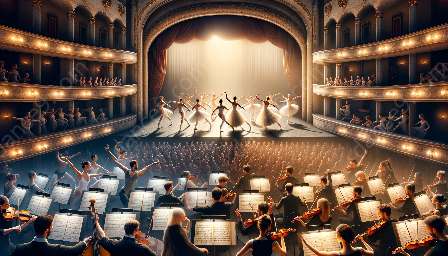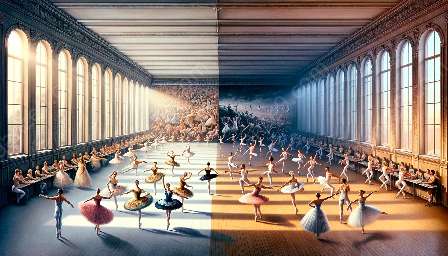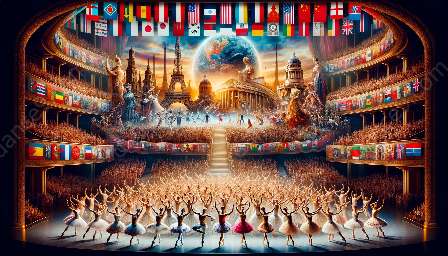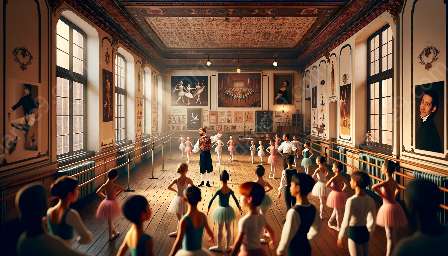Ballet is a classical dance form that has been refined over centuries, and its professional practitioners undergo rigorous training to become skilled performers. The role of pedagogy in preparing ballet dancers for professional careers is crucial, as it shapes the development of aspiring artists and equips them with the necessary skills to succeed in the competitive world of ballet.
Pedagogy in Ballet
Pedagogy in ballet encompasses the teaching methods, techniques, and principles employed in training dancers. In the context of ballet, effective pedagogy is essential for instilling discipline, technical proficiency, artistic expression, and an in-depth understanding of ballet history and theory in aspiring dancers. Instructors play a significant role in shaping the career paths of ballet dancers through their pedagogical expertise.
The process of pedagogy in ballet begins with foundational training, where dancers learn the fundamental movements, positions, and terminology of classical ballet. As they progress, pedagogical approaches evolve to include specialized techniques, choreography, and performance skills. This comprehensive pedagogical framework prepares aspiring ballet dancers for the demands of professional careers, ensuring that they master the intricacies of the art form.
Impact of Pedagogy on Ballet History and Theory
The significance of pedagogy in ballet extends to its influence on ballet history and theory. Effective pedagogy preserves and transmits traditional ballet techniques, styles, and repertoire, helping to uphold the cultural heritage of ballet. By imparting knowledge of historical ballet movements, compositions, and influential figures, pedagogy ensures that the rich legacy of ballet is preserved and perpetuated.
Moreover, the interplay between pedagogy and ballet history and theory fosters a deeper appreciation for the evolution of ballet as an art form. Dancers who are well-versed in the historical and theoretical aspects of ballet, thanks to effective pedagogy, are better equipped to interpret and perform classical and contemporary ballet works with authenticity and artistic integrity.
The Role of Pedagogy in Shaping Professional Careers
Pedagogy plays a pivotal role in shaping the professional careers of ballet dancers by cultivating a strong foundation of technical prowess, artistic expression, and physical resilience. Through systematic pedagogical training, aspiring dancers develop the strength, flexibility, and muscular control required for executing challenging ballet movements with precision and grace.
Moreover, effective pedagogy instills a sense of artistry and emotional depth in dancers, enabling them to convey narratives and evoke emotions through their performances. Pedagogical approaches that integrate the principles of musicality, phrasing, and stylistic nuances empower dancers to express themselves authentically and captivate audiences with their artistry.
In the realm of professional ballet, pedagogy also imparts valuable insights into the practical aspects of performance, such as stage presence, partnering techniques, and injury prevention. As a result, dancers who receive exemplary pedagogical guidance are better equipped to navigate the demands of professional productions and sustain long, fulfilling careers in the ballet industry.


